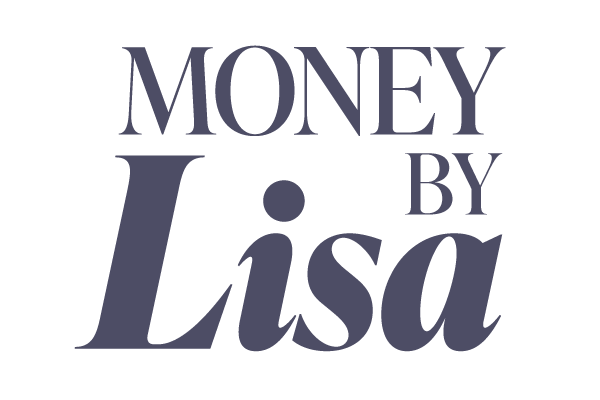Fear of (No) Commitment
Some time ago, I read a research article that sought to answer the conundrum, why do some people carry debt when they have the means to pay it off? On its face, it doesn’t appear to make sense to simultaneously have a persistent, interest-accruing credit card or personal loan balance and a better-than-bare-minimum savings account balance. Then again, by now, I think that we all appreciate that financial decisions are about one part math and two parts emotion. So, what gives?
In this case, researchers found an interesting possible answer to the question. They observed that when faced with the choice between borrowing money or using savings, some people prefer the former because they have a fear of…no commitment.
That is, if they borrow money for a purchase, they know that they have to pay it back. The credit card company is quite helpful in sending regular reminders and punishing you if you are lax in your resolve. On the other hand, if you withdraw the funds from your savings account, who’s to say when – or if – you will replace it?
You know what comes next; I will admonish you to think rationally and use your extra savings before borrowing. But a few recent conversations have shown me that it isn’t quite as easy as that.
What if, for example, despite everyone’s warnings that you should not put your short-term savings at risk, you did it anyway? Oh, I am looking at you, Mr. or Ms. “It’s 2021, and I am not going to be a sucker and miss this stock market rally.” Now it is 2023, and the account is down, perhaps even showing an actual loss. Even though you told yourself that this was your “play money account” and you were perfectly okay if it went down in value, turns out that when the moment came, you were not at all okay with that. If you are already in this boat, me telling you to go ahead and jump overboard isn’t useful. You will or you won’t.
A popular sub-variant is The Optimizer. The “I know how to beat the bank at its own game” person. This is the person that takes a zero interest loan for a large purchase with the intention of paying it off before the interest rate spikes. If they stick to the plan, the math works. But if you know so much about banks, then you also know that the reason they offer these promos is that most people won’t stick to the plan.
The more subtle threat is what I call “zero interest purchasing creep.” (I literally just came up with that term this minute. ZIP-C?) You buy XYZ and pay it off at zero interest. You have incorporated that monthly debt service payment into your budget, and so when XYZ is paid off, it causes you no discomfort to now buy ABC, again at zero interest. And so on, to DEF and beyond. This sounds a lot like Buy Now Pay Later (BNPL), doesn’t it? And all the while, you are not actually questioning if these purchases were worth it. Or rather, worth more than another, perhaps long-term, goal.
Here's a trick: Before you make a purchase using BNPL or some other zero interest scheme, consider if you are perfectly happy to take the money from your savings account and pay in full, right this moment. If not, why not? (In the story I am telling today, it is not a lack of funds holding you back.) Why isn’t this purchase worth experiencing the immediate pain of making a withdrawal from your savings? Hmmm, maybe you’re just not that committed.
(Hey, I’d love to be in touch with you regularly. My free newsletter contains this blog, as well as other articles by myself and others. Please consider subscribing by visiting the MoneyByLisa home page.)
